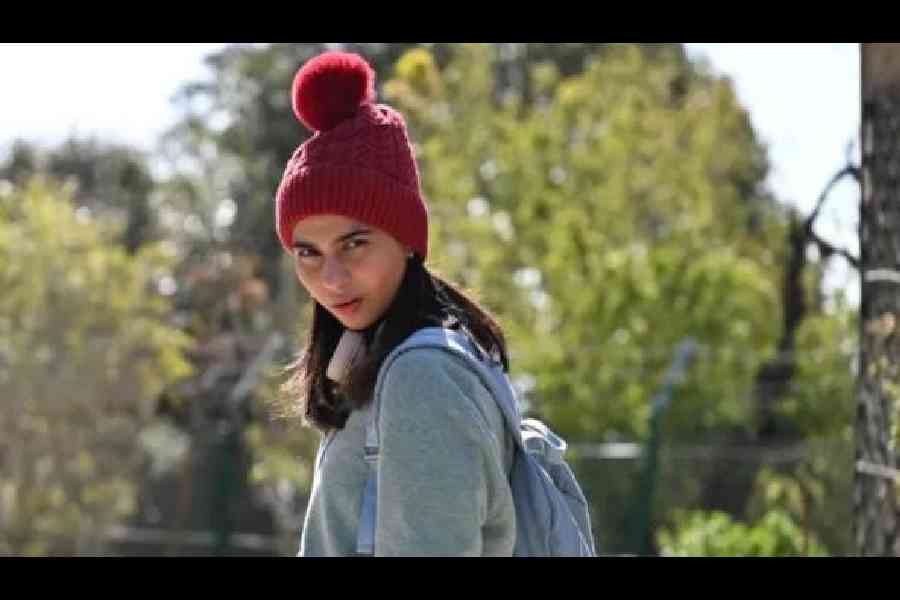Stories about the fulfilment of personal dreams against the odds are a dime a dozen and adding one more to the list is Tanvi: The Great, directed by Anupam Kher. But wait, is Tanvi’s story a little ‘different’? An emotionally-charged story about an autistic daughter’s determination to realise her late father’s unfulfilled dream, it contains within itself thoughts and ideas that try to set it apart from the rest.
Through its inspiring story, the film talks about autism and that autistic persons are ‘different, but no less’ than those who are considered neuro-typical. Its 21-year-old protagonist being a person who belongs to the autism spectrum, Tanvi: The Great attempts to offer an insight into the sensitive and imaginative world that they inhabit. Debutante Shubhangi Dutt, who plays Tanvi, portrays the character with beauty and simplicity, bringing out the physical and social obstacles that those with autism have to navigate in their daily lives. Her performance achieves the right balance between innocence and intelligence, humour and seriousness, and firmly secures both her and Tanvi’s seats in the audiences’ hearts.
Yet the film’s treatment of autism appears unrefined and incomplete. We are informed of their ‘superpowers’ — their ability to think differently, to focus on their goal, and many more. But Tanvi is from a privileged background. She is educated, wears stylish Western clothes, has Westernised food choices, and has a mother (Pallavi Joshi) who is a world-renowned autism expert. Her grandfather (Anupam Kher) being a retired colonel and her father a captain, she has advantages that would be denied to autistic children belonging to ordinary families or underprivileged sections of society. An uncomfortable question that springs to mind while watching the film is — would the autistic daughter/son of every martyred sepoy or havildar in the Army get the kind of support and opportunity that Tanvi got, even though she deserved every bit of it?
In the film, Tanvi’s journey is the journey of every underdog who challenges pre-conceived ideas about endurance, aptitude and capabilities. How she resolves her inner confusions and conflicts and sets forward to achieve her goal is exemplary. One of the most remarkable features of the film is how firmly its makes a case for inclusivity in the Indian Army, at least for peacetime duties.
Tanvi’s journey is also the journey of her grandfather, who is taught some important life-lessons as he sets about to ‘discover’ his granddaughter, when she comes to live with him at his home in the military cantonment area of Lansdowne in Uttarakhand. The beautiful environs of Lansdowne, however, become a stage for the development of a larger theme of patriotism that wraps itself around the story. It is true that Tanvi’s mission is as much personal as it is patriotic. But at one point, the storytelling comes dangerously close to losing its balance by mixing up patriotism and self-belief with religious beliefs.
Fortunately, the experience of watching the film is salvaged by its deep emotional resonance and its music by M.M. Keeravani (of Naatu naatu fame), which perfectly complements the mood of every scene. And, of course, not to forget the fabulous performances of veterans like Jackie Shroff, Boman Irani and Arvind Swamy, who each appear in small but significant roles that leave their distinctive mark on the film.










